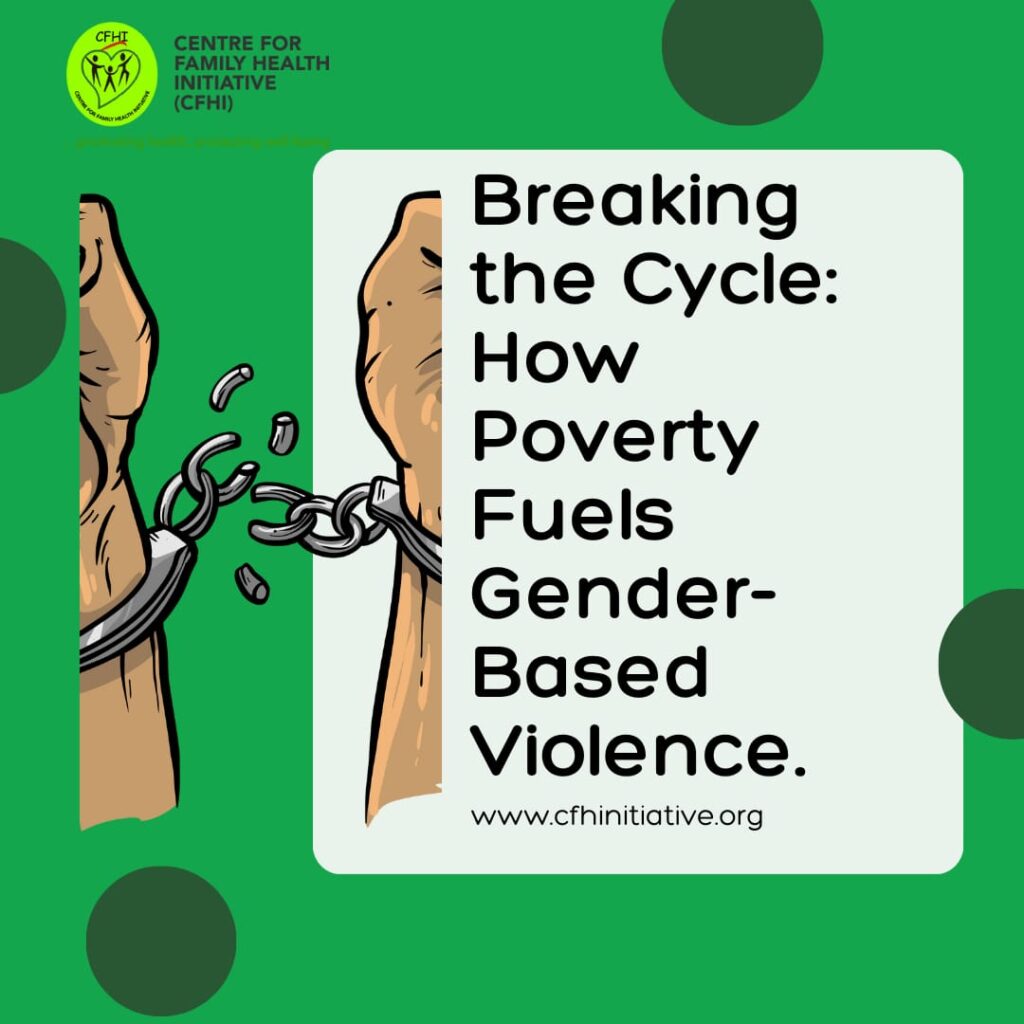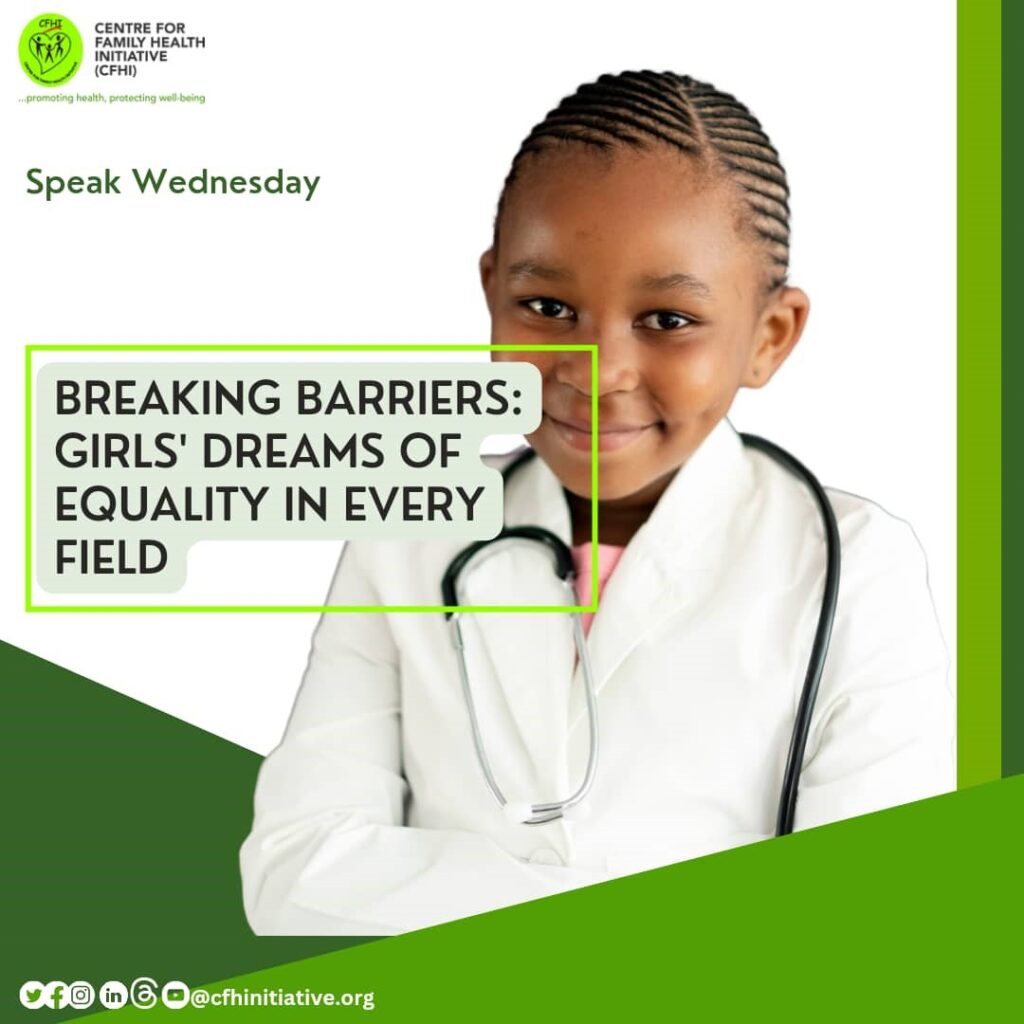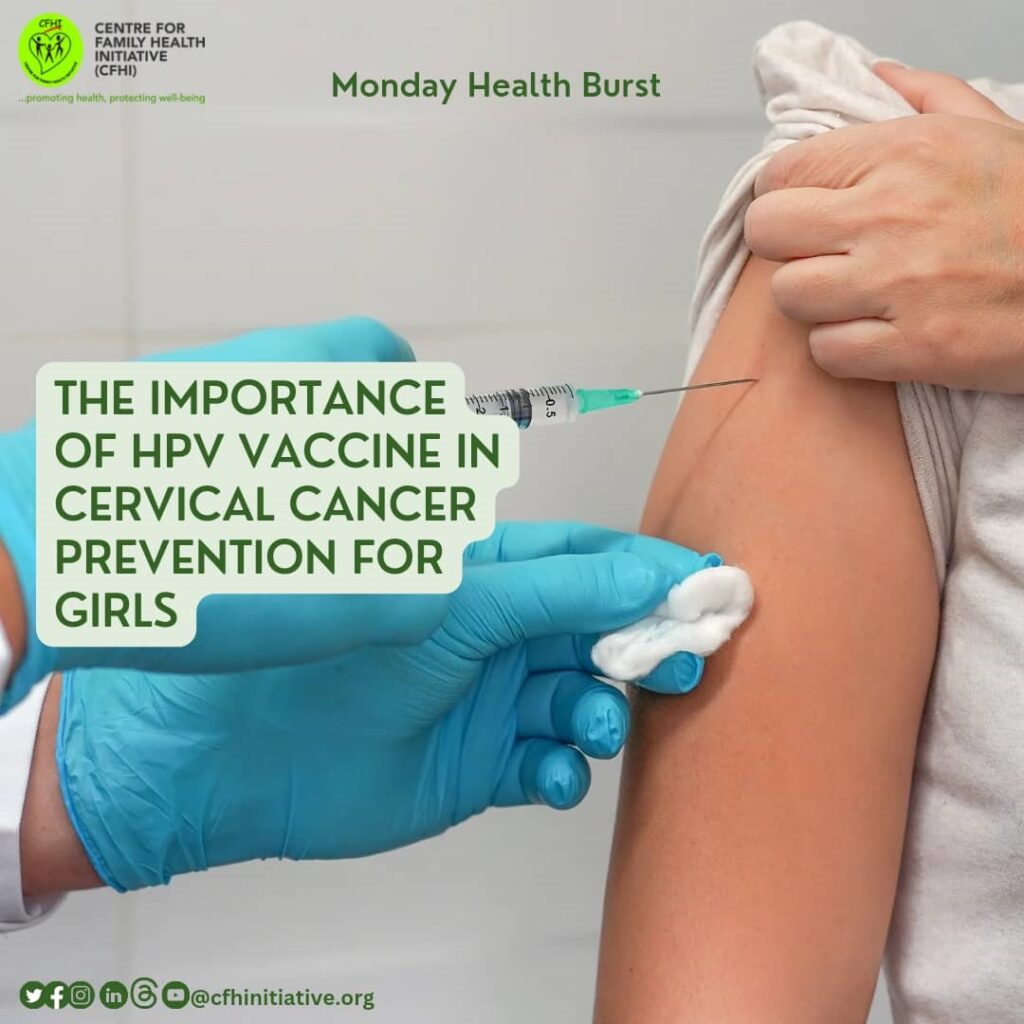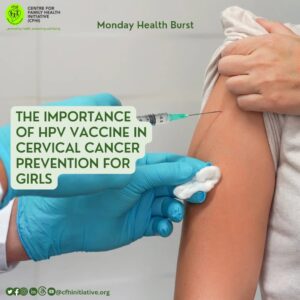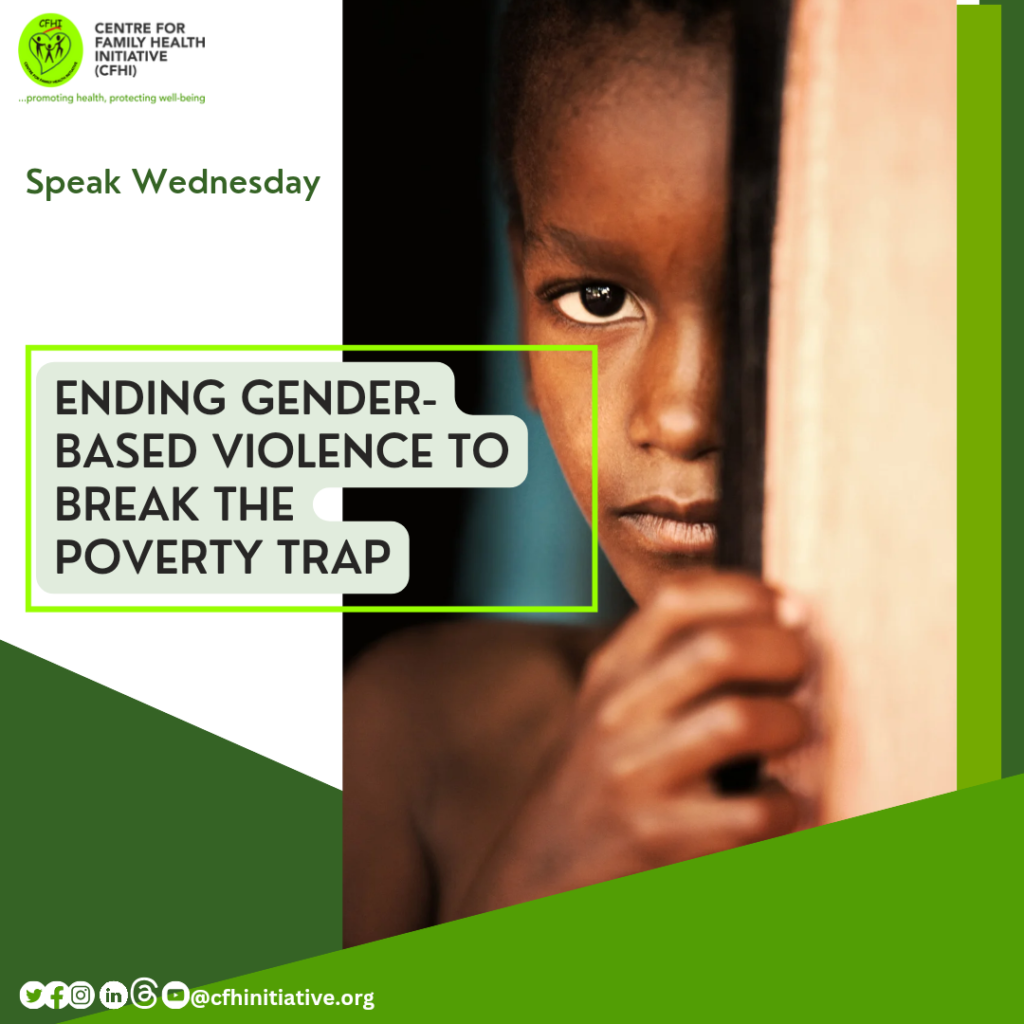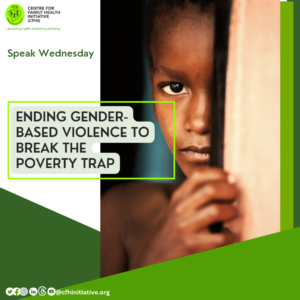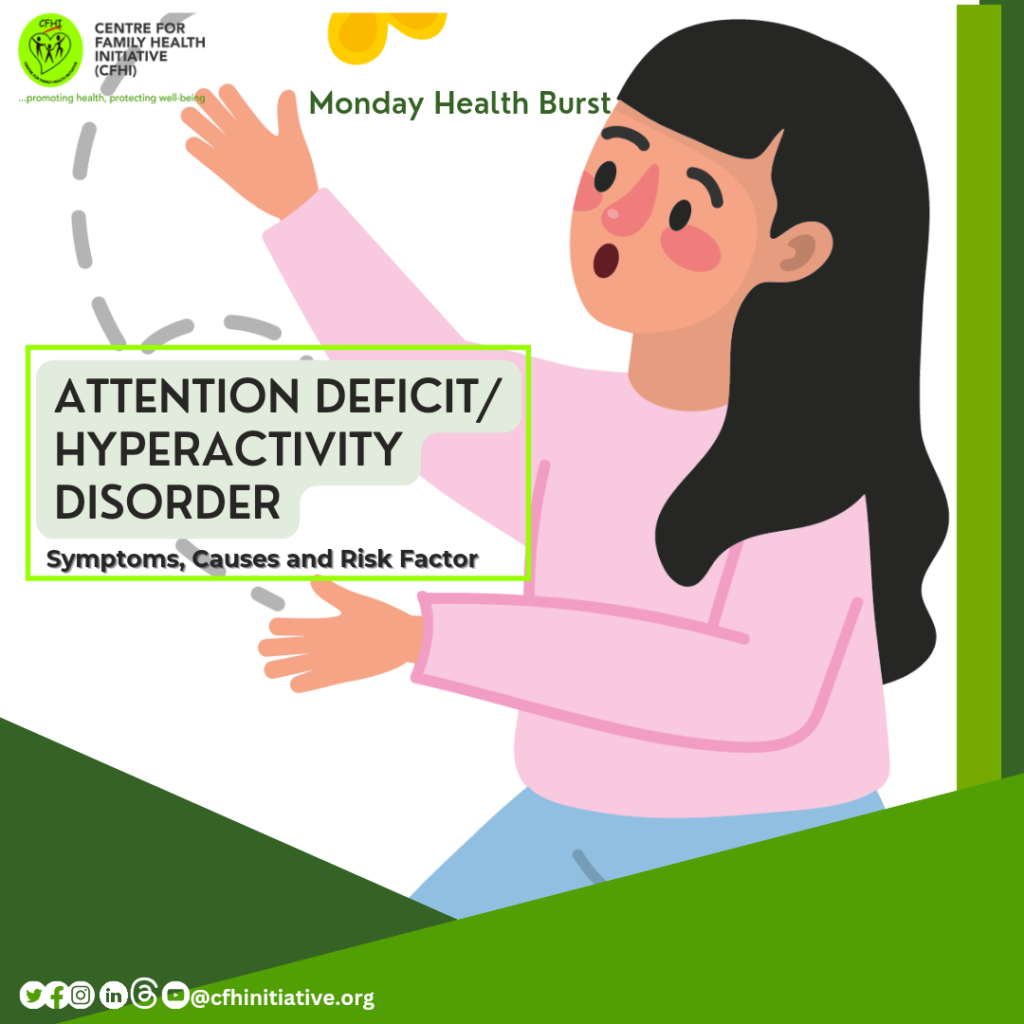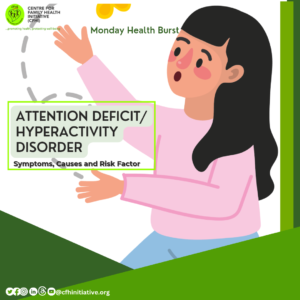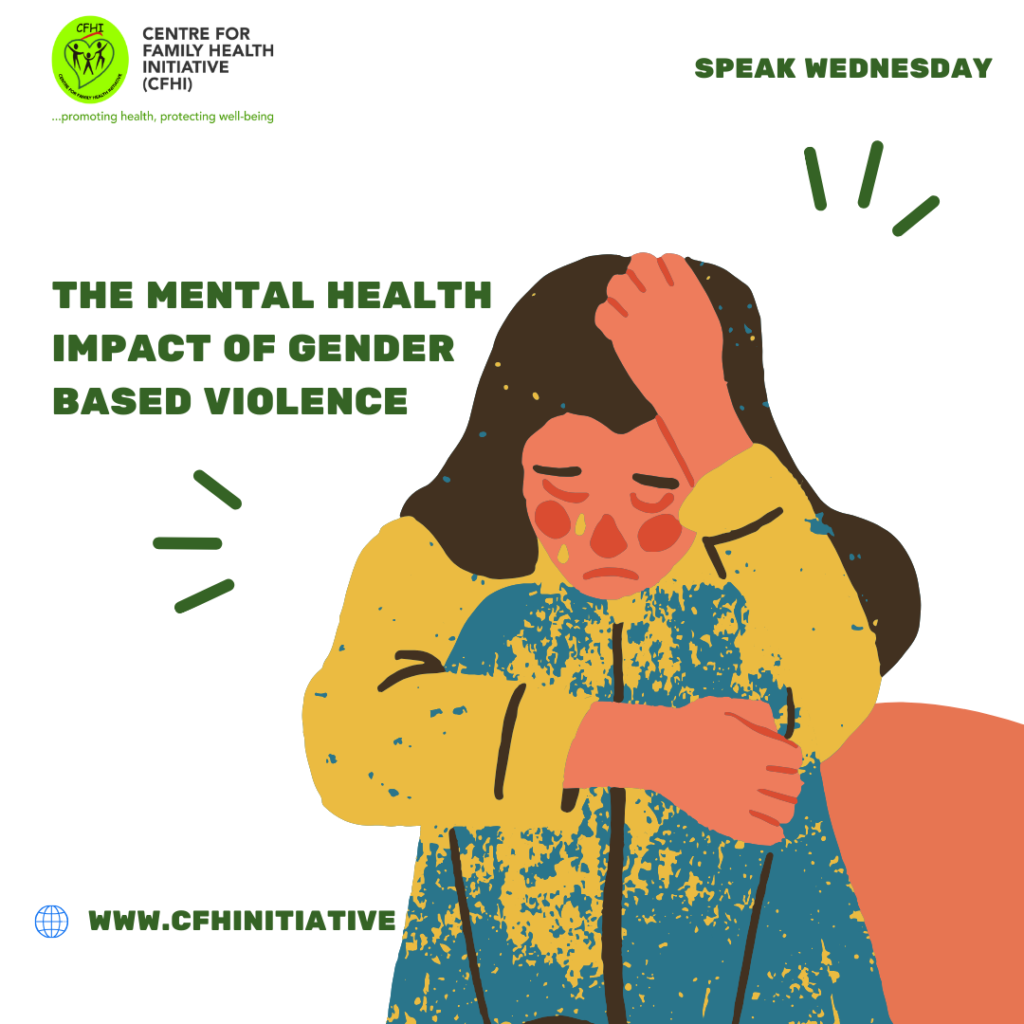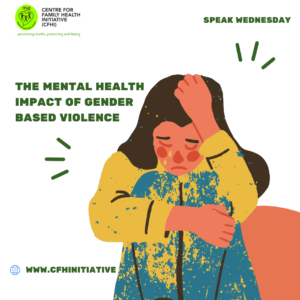SPEAK WEDNESDAY ON BREAKING THE CYCLE: HOW POVERTY FUELS GENDER-BASED VIOLENCE
In communities all over the world, the cycle of poverty and violence against women and girls has persisted for generations. Imagine a young girl growing up in a neighbourhood where money is tight, education is scarce, and opportunities are limited. She learns early that life is about survival, not dreams, and violence is part of her reality. Gender-based violence is an ugly reality that millions face daily, but poverty often goes unseen as the engine driving much of it.
Poverty fuels gender-based violence in numerous ways. For instance, economic dependence on a partner often leads women to stay in abusive relationships they might otherwise leave if they had the financial means to support themselves and their children. According to the United Nations Development Programme (UNDP), financial instability is a key driver that keeps women in cycles of dependency, as their limited options make it difficult to leave even dangerous situations. When only one partner controls finances, it’s easier for abusive patterns to take hold, creating an environment where the abused partner feels trapped.
The lack of support systems means that leaving a dangerous relationship could mean facing hunger and homelessness. Without an education or job skills, the idea of living independently seems impossible. This economic dependence creates a prison for many women, making them feel that they have no choice but to stay, even when they are in physical or emotional danger.
Beyond dependence, financial stress and scarcity can lead to heightened domestic tensions. According to the World Health Organization (WHO), poverty creates chronic stress, which often escalates into conflict and even violence within homes. Recent findings from the WHO highlights that in recent years, economic instability exacerbated by inflation, post-pandemic recovery issues, and widespread financial crises, has intensified this issue, particularly in impoverished regions. As economic conditions worsen, the vulnerabilities of women in abusive situations grow, as many find it even harder to escape due to financial dependencies.
Ultimately, addressing gender-based violence in the context of poverty is not only a matter of justice for women and girls but a necessity for society. When communities tolerate violence, they also waste the potential of women, who could otherwise contribute to economic and social development.
By addressing root causes through education, economic empowerment, legal protections, and community programs, we take steps to end the cycle of violence that keeps women trapped in poverty.
Speak Wednesday is an initiative of CFHI to address issues around gender-based violence and gender bias.
#SpeakWednesday # #EndGBV #GenderEquality #BreakTheCycle #PovertyAndViolence #WomenEmpowerment #EconomicEmpowerment
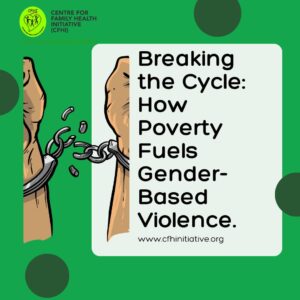
SPEAK WEDNESDAY ON BREAKING THE CYCLE: HOW POVERTY FUELS GENDER-BASED VIOLENCE Read More »

